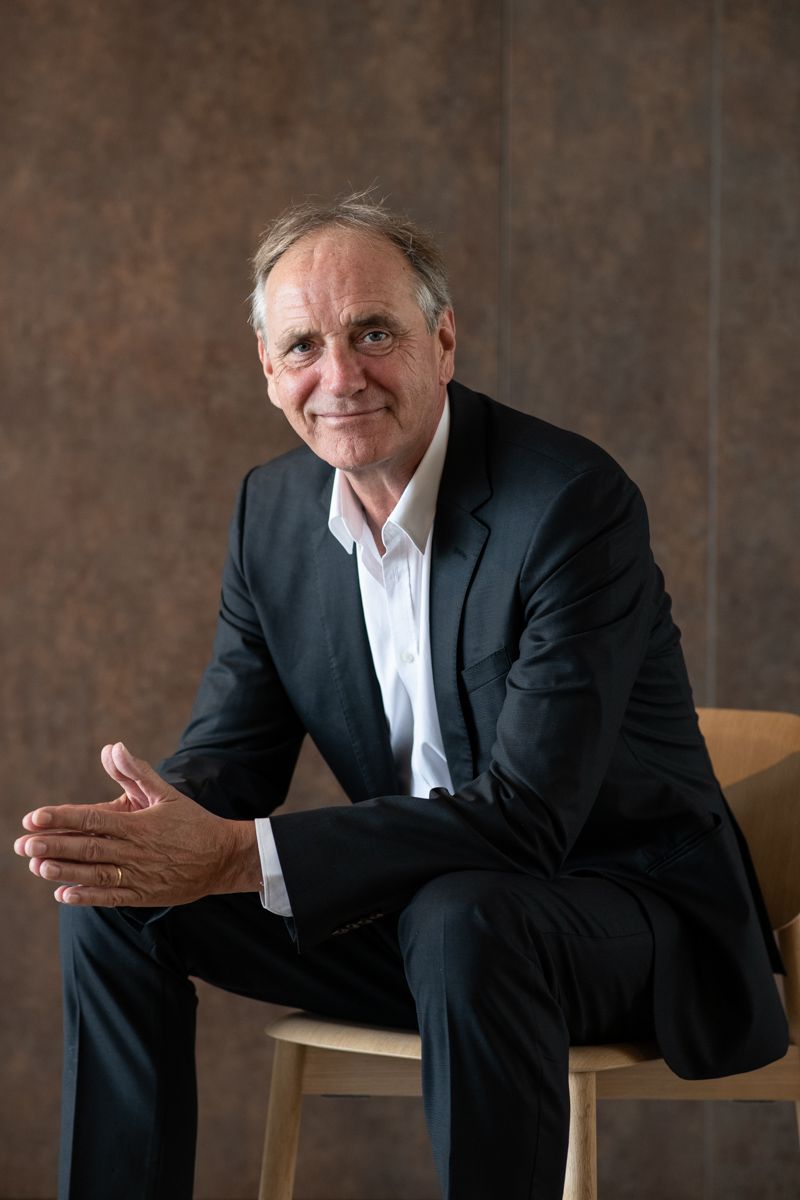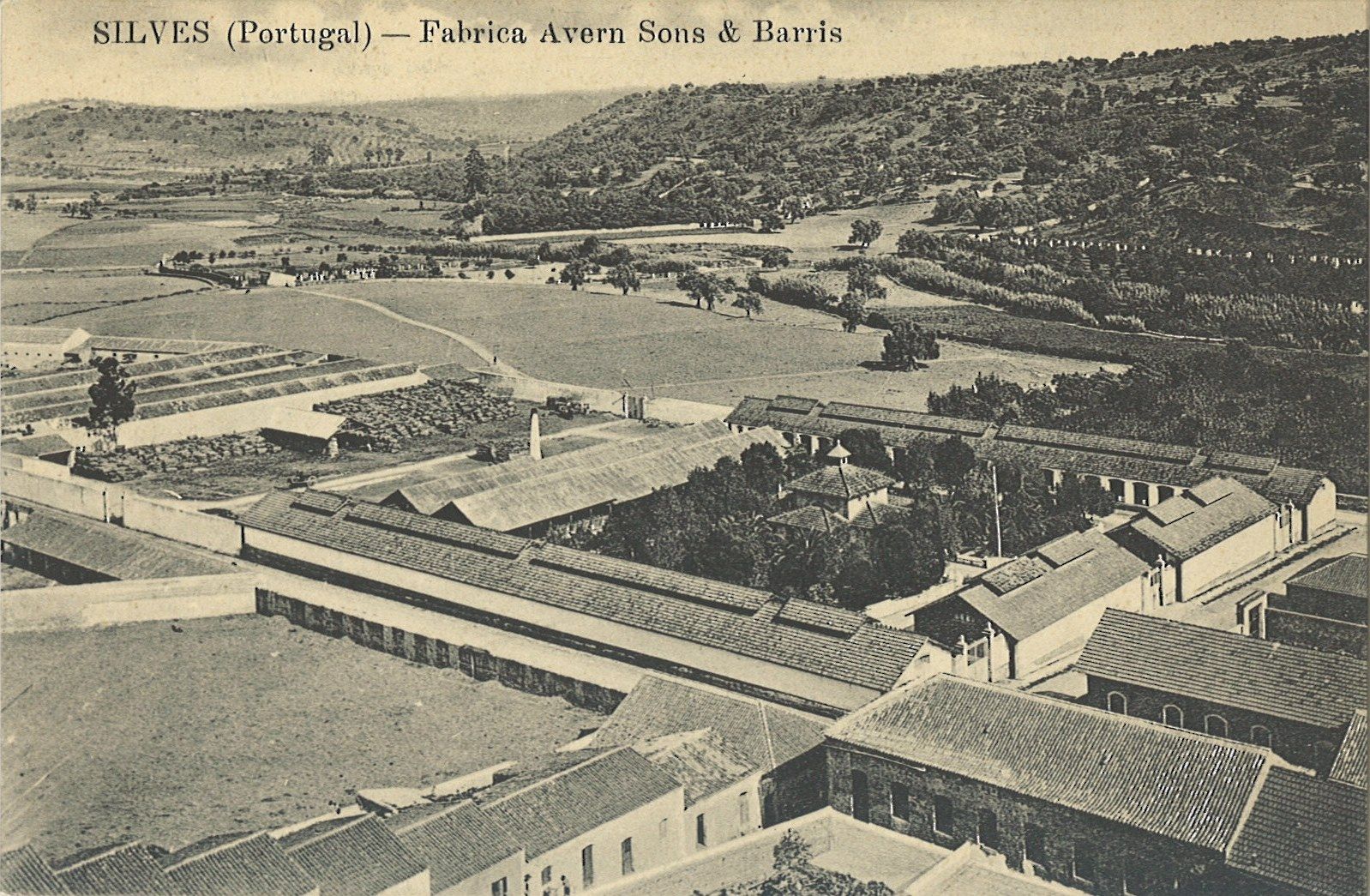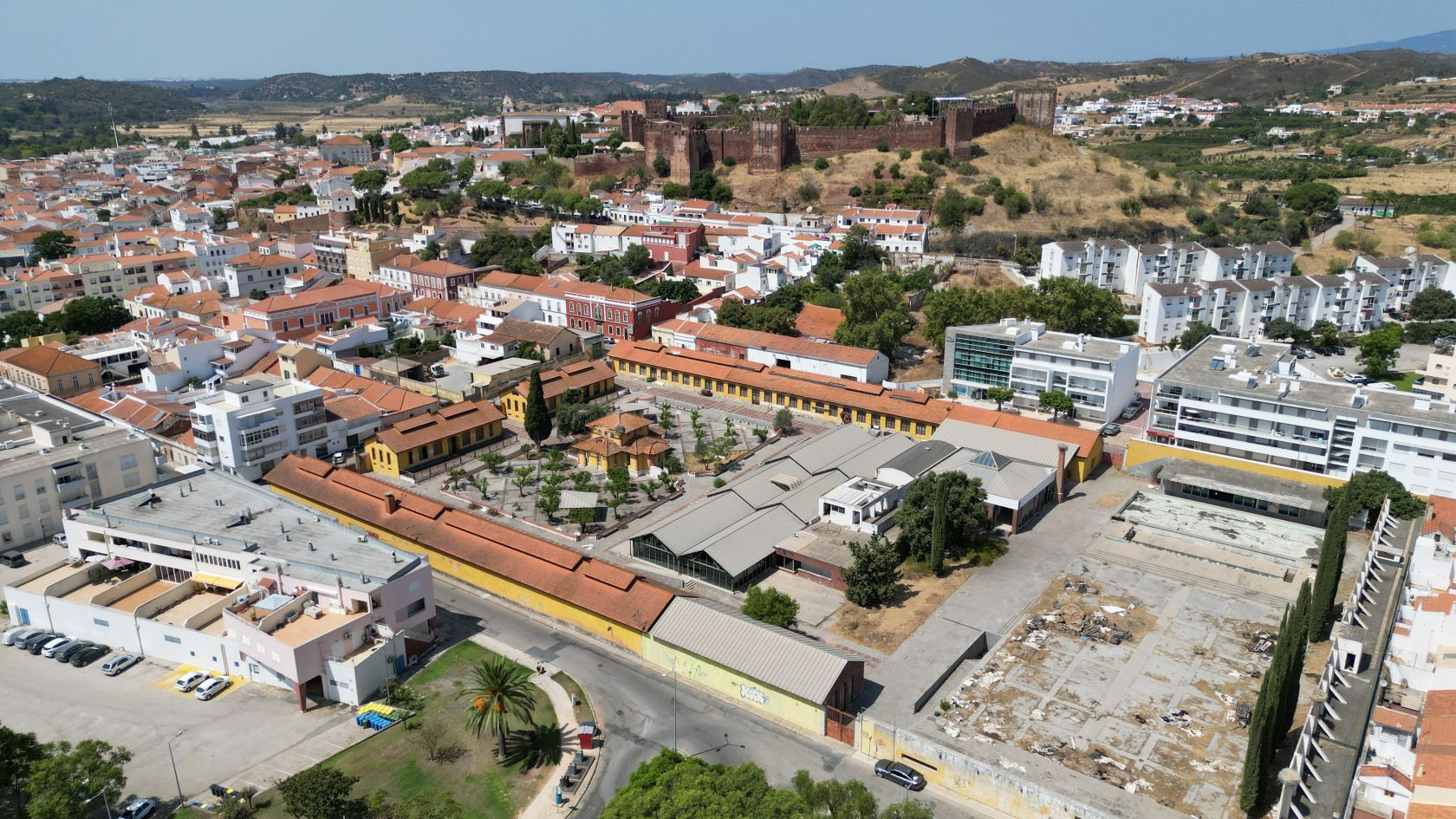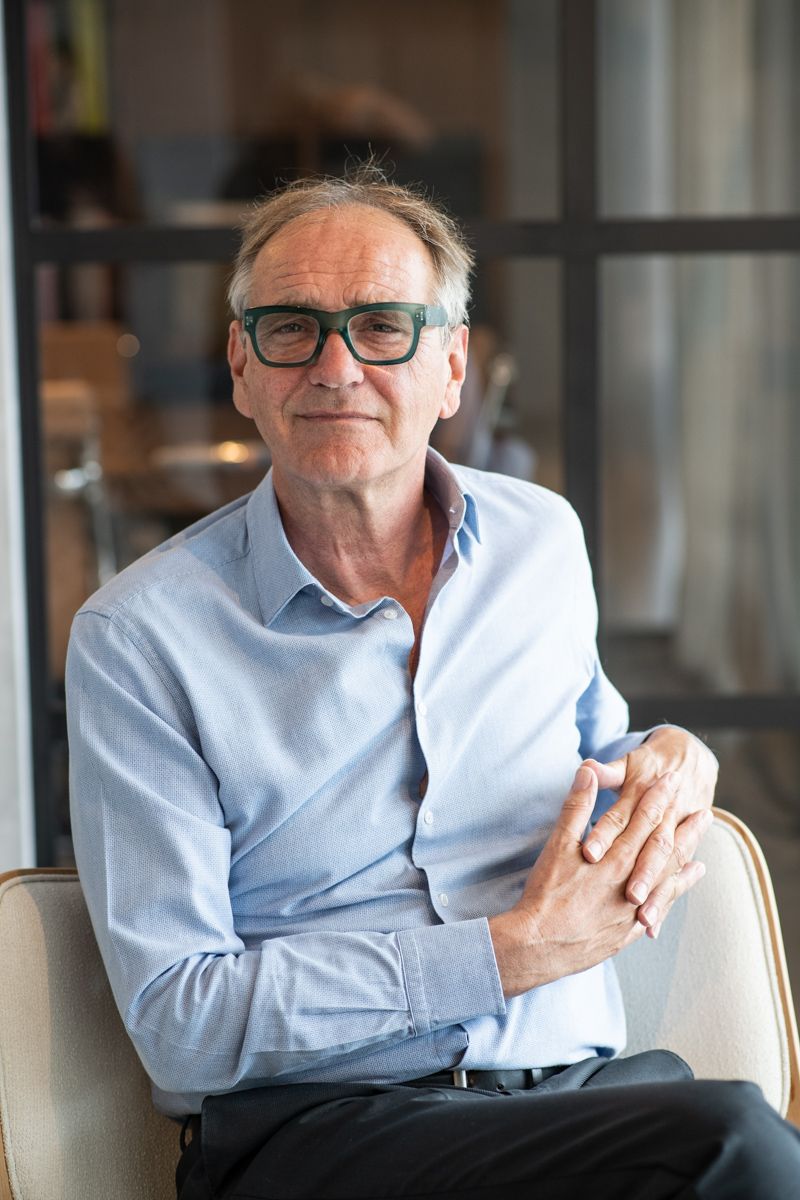Dutch entrepreneur Erik de Vlieger and his company seek to rectify this situation, with plans to build over 300 affordable apartments. “We have 25 projects in Carvoeiro Branco and Antrix, which means we’re pumping our portfolio with 1,500 to 1,600 units over the next five years”, he told The Portugal News. “This makes us the largest Algarve-based developer, reinforcing our commitment to those who live here.”
“Life is a chain of coincidence”, he reflected upon his arrival in Portugal almost 30 years ago. “I came here by chance. The moment my plane landed, I smelled the pine trees at Faro airport, and that was it. Certain decisions you just can’t rationalise. Later, I ended up marrying a Portuguese notary. By sheer coincidence, I walked into her office, saw her, and fell in love.”
A passion for real estate
Erik described himself as a “developer at heart”, which has become the motto of his Carvoeiro Branco enterprise. “The origin of our company is a family business which my father started in 1950. It’s run by my brother and his son, but I’m still a shareholder”, he recounted. “Based on that, I developed real estate in the Netherlands, so I know what I’m doing.”

Since the founding of Carvoeiro Branco, he’s gone on to invest in many other projects across the Algarve, looking to expand his ventures into the affordable housing market. “Carvoeiro Branco has been operating in the region for 19 years, and we now have the structure to move forward and expand through our sister company, Antrix”, he shared.
For Erik, the low wages offered to workers in the Algarve, in combination with the soaring house prices, are a crushing pressure on the local population. “Nobody is investing in the Algarve, for the Algarve”, he explained. “There are hundreds of apartments coming to Vilamoura, and the cheapest one is €750,000. What good is that for the locals? Believe me, I have children and grandchildren living here and it’s not really fair.”
Investing in expansion
On his part, Carvoeiro Branco is prepared to make the necessary commitments to mitigate the housing crisis, particularly through its affordable housing projects at Vale da Pipa in Lagoa and Vale Lagar in Portimão. At the same time, the group is expanding its operations and moving its headquarters to an iconic landmark: the Fábrica do Inglês, in Silves.

Originally opened in 1895 as a cork factory, it operated as such for over a century before its closure in 1995 and was the site of a cork museum until 2010, when the owner’s financial difficulties left the property in a state of limbo. “The deed to Fábrica do Inglês has been finalised, and we are very proud to have acquired this unique cultural real estate”, Erik announced, bringing a sense of hope to this historical location, which will serve both as the base of his company and as a 50-room hotel, fuelling the local economy.

Looking beyond the Algarve, Erik revealed that the group is negotiating plots in Montijo and Setúbal. “We’re already in talks with the local council to see if we can get building permits for 2027–2028”, he mentioned, showcasing the group’s ambition to grow across the country.
A strategy for young people
Erik considers that the secret to a successful company lies within the team around it. “When I made Carvoeiro Branco, I decided to invest in the quality of my people, when they do well, I also in the end share the accomplishments. As a business, we’ve shown a lot of growth too because it’s not based on me alone, but on my team”, he elaborated. “I’m the captain of the ship, but without my people I’d get nowhere.”
“I want to break open the discussion, because the only thing that talented young people in the Algarve can do is serve Coca-Cola to foreigners”, Erik pondered on the struggles the younger generations are facing in this day and age. “We need to value them, and for that, the wages need to rise and other industries be allowed in. Why are the data centres being built in Lisbon and not the Algarve? Why don’t we create other industries, modern industries, for the generations to come? We need to define a strategy for the Algarve.”
In Erik’s perspective, the current housing crisis is driven by two key factors: real estate companies searching for short-term profits, and local governments prioritising the money those developers bring over contracts with affordable housing. “No developer really wants to construct houses between €180 and €280 thousand because they simply cannot make enough money,” he stated. “I’ve challenged the presidents of all the councils to start a discussion with us: we will come to any municipality and produce affordable housing. The only problem is that I’ve been waiting four years for a building permit.”

The building permit in question is linked to a project in Vale de Pipa, in Lagoa, where Erik is attempting to build 304 new apartments, fulfilling the municipal government’s housing goals laid out in the official planning documents. “I just can’t understand how a developer like us, who purchased a piece of land to produce affordable houses for people to live in, has to wait four years for a building permit while the PDM already allows the construction to take place”, he lamented. “They will always fast-track projects that will bring in more money, but they need to prioritise Portuguese people and the foreigners who live here too.”
This is his way of giving back to the Portuguese community. “I live in this society, I have never been so happy in my life”, Erik remarked. “This country has welcomed me and has provided safety for me, my children, and my grandchildren.” “It’s very important to do something in return, and what we can do, and I urge every developer in the Algarve to do, is to construct affordable housing for the people that live and work here”, he concluded.
















